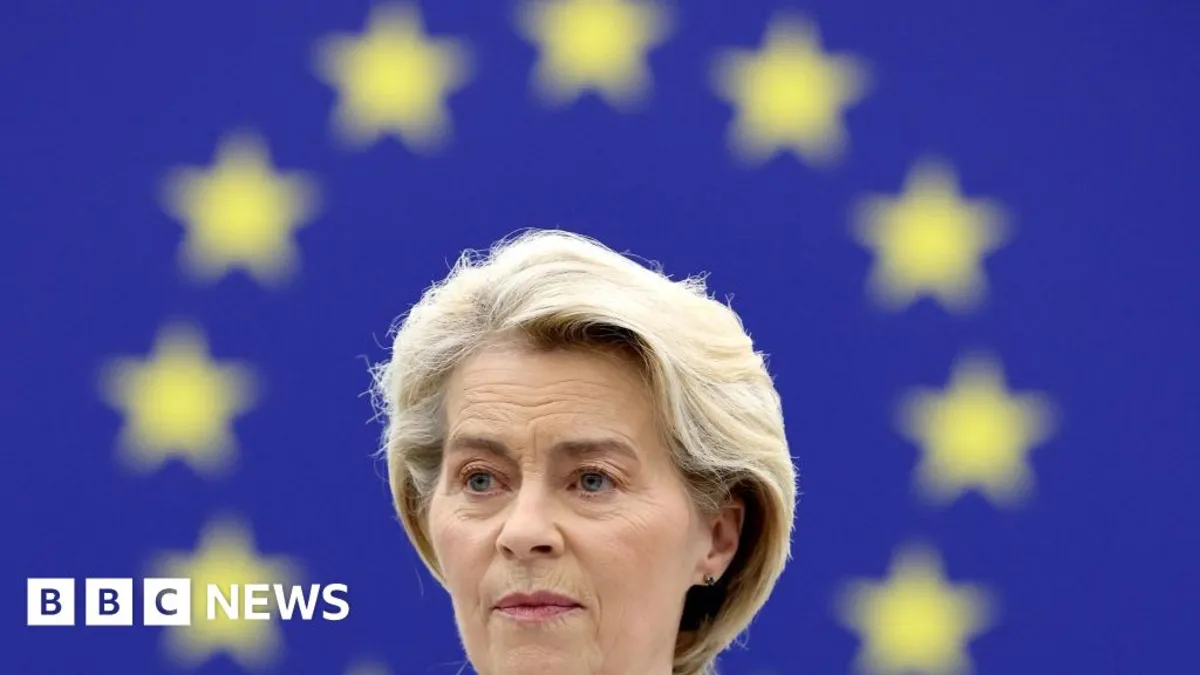
In a significant move that could reshape international trade dynamics, President Donald Trump has declared that both the European Union and Mexico will incur a hefty 30% tariff on imports to the United States, starting from August 1. This announcement, made public through two letters on Trump's Truth Social platform, signals a potentially escalating trade war, as Trump cautioned that even higher tariffs could be implemented if either trading partner retaliates.
The letters outlining this tariff were also dispatched to several other nations, indicating a broadening strategy aimed at recalibrating US trade relationships. The European Union, which is America's largest trading partner, expressed its desire to negotiate a deal with Washington before the impending deadline of August 1. In his correspondence with European Commission President Ursula von der Leyen, Trump articulated the need for a reassessment of the long-standing trading relationship, emphasizing that the US has faced "persistent trade deficits" due to existing tariff and non-tariff barriers.
Trump's letter highlighted the imbalance in trade, stating, "Our relationship has been, unfortunately, far from reciprocal." This sentiment reflects the ongoing criticism directed at the EU, which has been a frequent target of Trump's administration. Previously, in April, the US had already instituted tariffs of 20% on various European goods, contributing to the growing tensions in transatlantic trade.
According to the latest data from the US Trade Representative, the trade deficit with the European Union reached a staggering $235.6 billion in 2024, equivalent to approximately €202 billion or £174 billion. This figure underscores the challenges faced by the US in balancing its trade relationships and highlights the urgency of Trump's new tariff strategy.
As the situation develops, many are closely monitoring how these tariffs will affect not only US imports but also the broader global economy and international relations. The impending tariff implementation poses significant implications for businesses and consumers alike, and the response from the European Union and Mexico will be crucial in determining the future of trade negotiations.